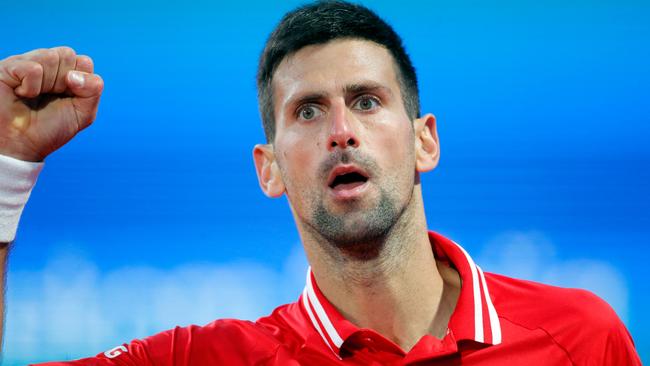
The no jab, no play edict in Victoria potentially leaves the state exposed to losing events if other states or countries do not follow its lead.
What unfolded on Wednesday could turn into a nightmare for Australian Open organisers.
Premier Daniel Andrews’ decision not to seek exemptions for unvaccinated tennis players to enter Victoria is not just about a depleted tennis grand slam but also brings into question the ability of the state – and country – to host major sporting events.
Prime Minister Scott Morrison certainly thought so when he told Nine’s Today Show that unvaccinated players could compete if they underwent quarantine for two weeks.
“As we go forward (living with the virus) I think we just have to be sensible and practical, OK? We want major events in this country, a lot of jobs depend on it,” he said.
As things stand Novak Djokovic, who has repeatedly refused to disclose if he has been vaccinated, will not be allowed into Victoria for a tilt at a record 21st grand slam.
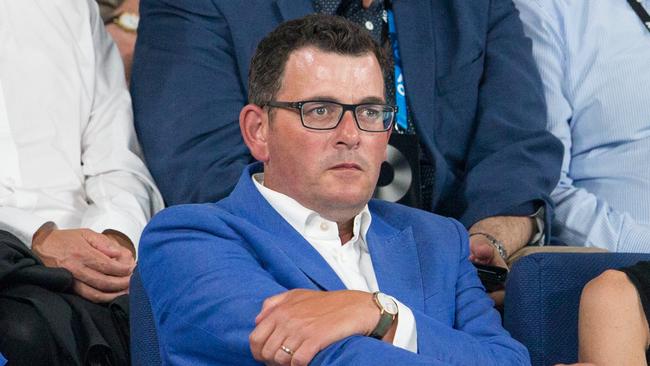
But this is not just about Djokovic. It was recently reported a large cohort of professional tennis players are unvaccinated – on latest estimates up to 35 per cent of male players and 40 per cent of female players.
It’s no secret that cashed-up countries in Asia and the Middle East have had their eyes on Australia’s grand slam event.
China has an estimated 330 million tennis fans and 15 million players. Japan and Singapore are other potential hosts of the first slam of the tennis year.
The question is: Are the players more valuable to the Australian Open than the tournament is to them? No one yet knows the answer, but how it plays out could shape the future of major events in Australia.
The Formula One governing body does not mandate vaccines for its drivers; medical car driver Alan van de Merwe was not vaccinated and caught Covid this month.
For now the Australian Grand Prix is expected to return in 2022, hosting round three of the championship in April.
Victoria’s Grand Prix is being circled by NSW politicians. Would a state with a more flexible vaccination policy, one that may allow quarantine over mandatory jabs, be an easier proposition to deal with for the sport’s governing body?
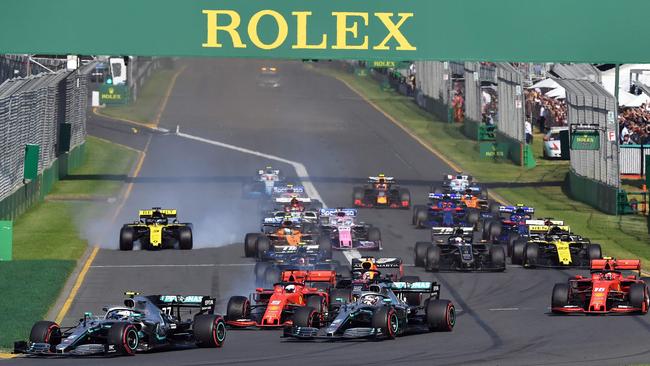
Time will tell.
Then there’s football’s 2023 Women’s World Cup which also has games due to be held in Melbourne. There will be 32 teams competing, what chance that at least some of those players will not be vaccinated?
But as Andrews said, it is “the only fair thing to do” to mandate vaccines for players, given fans and people working at the tournament are required to be fully vaccinated. He is not wrong.
On the flip side, if the Victorian government made a different set of rules for Djokovic and unvaccinated tennis players, then how does that play out with anti-vax AFL players, who face the sack from their clubs if they do not get jabbed?
The most locked down city in the world, once a sporting paradise, is now a place where not everyone can play.


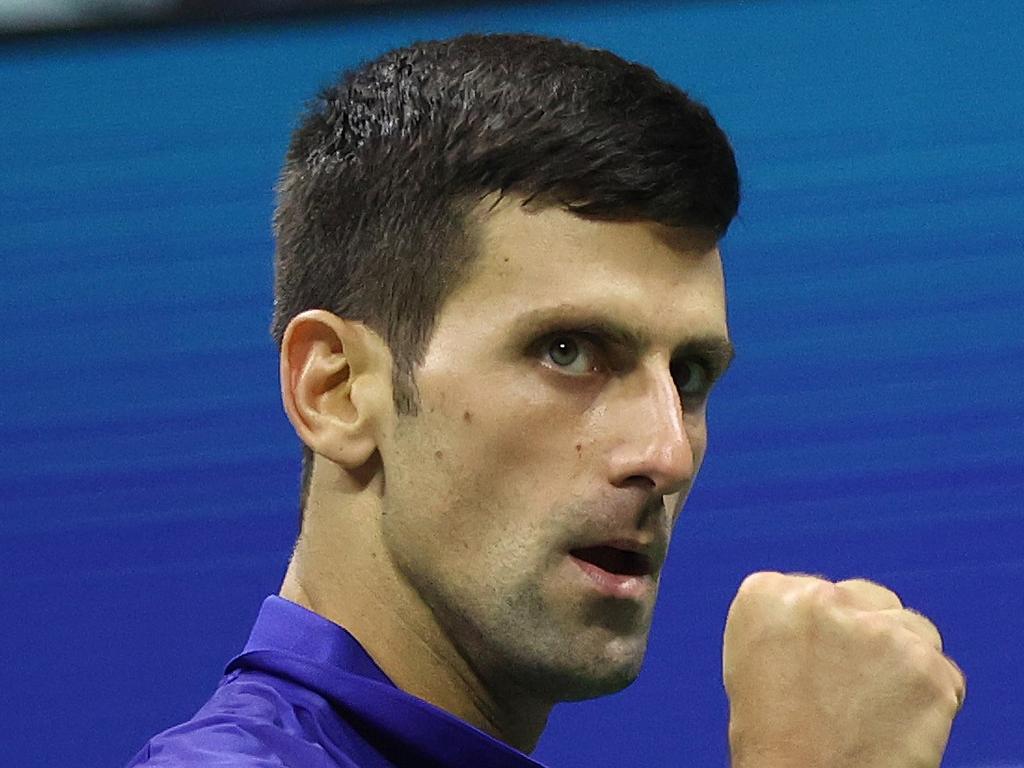
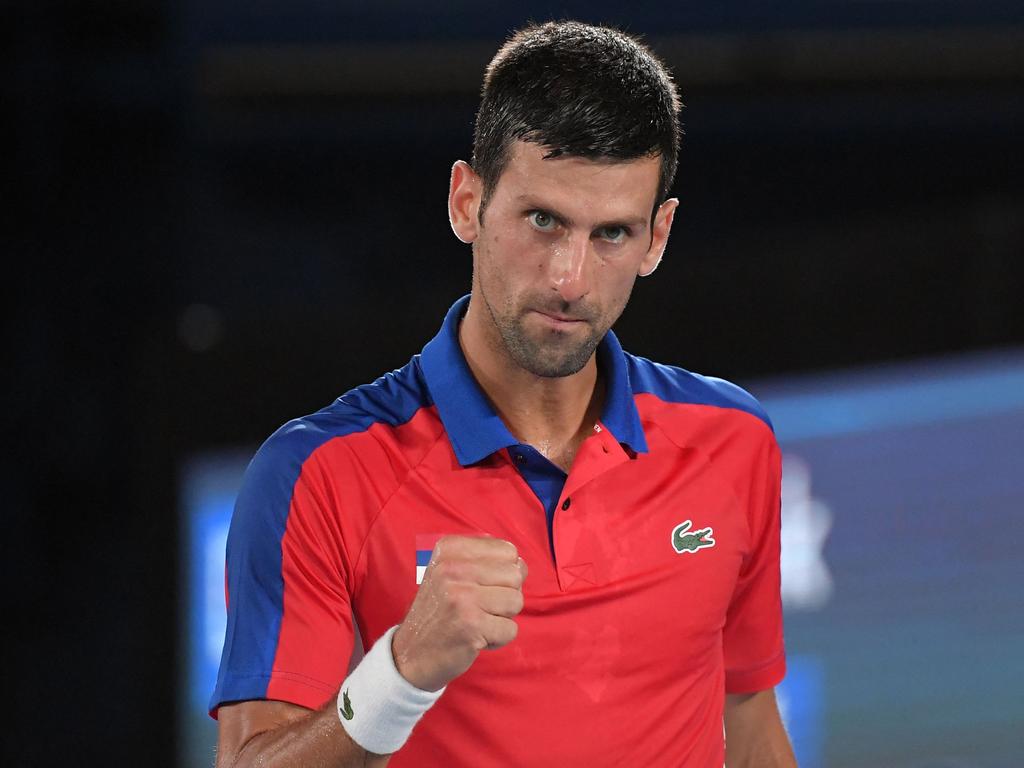


The self-professed sporting capital of the world has chosen public health over athletic glory.